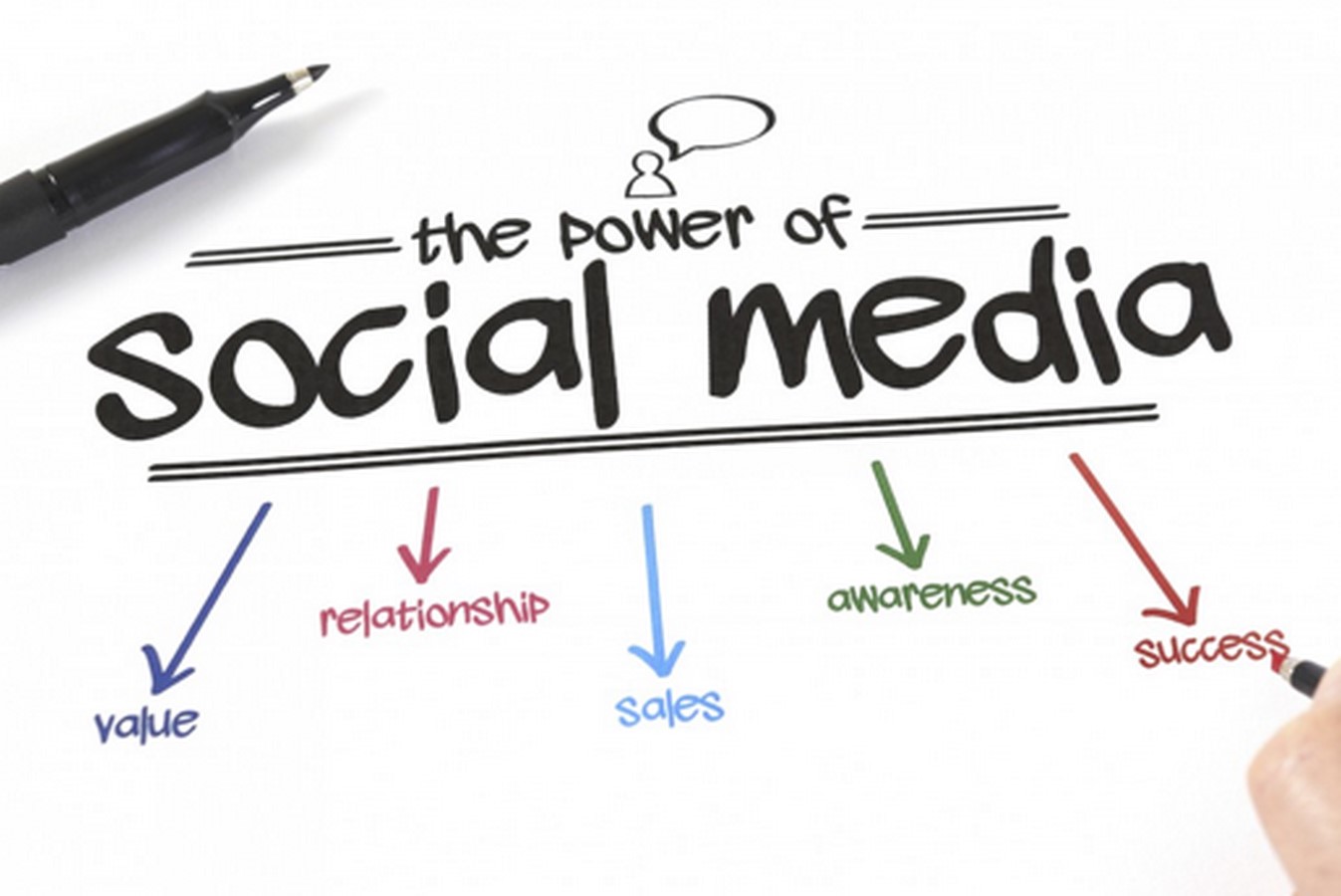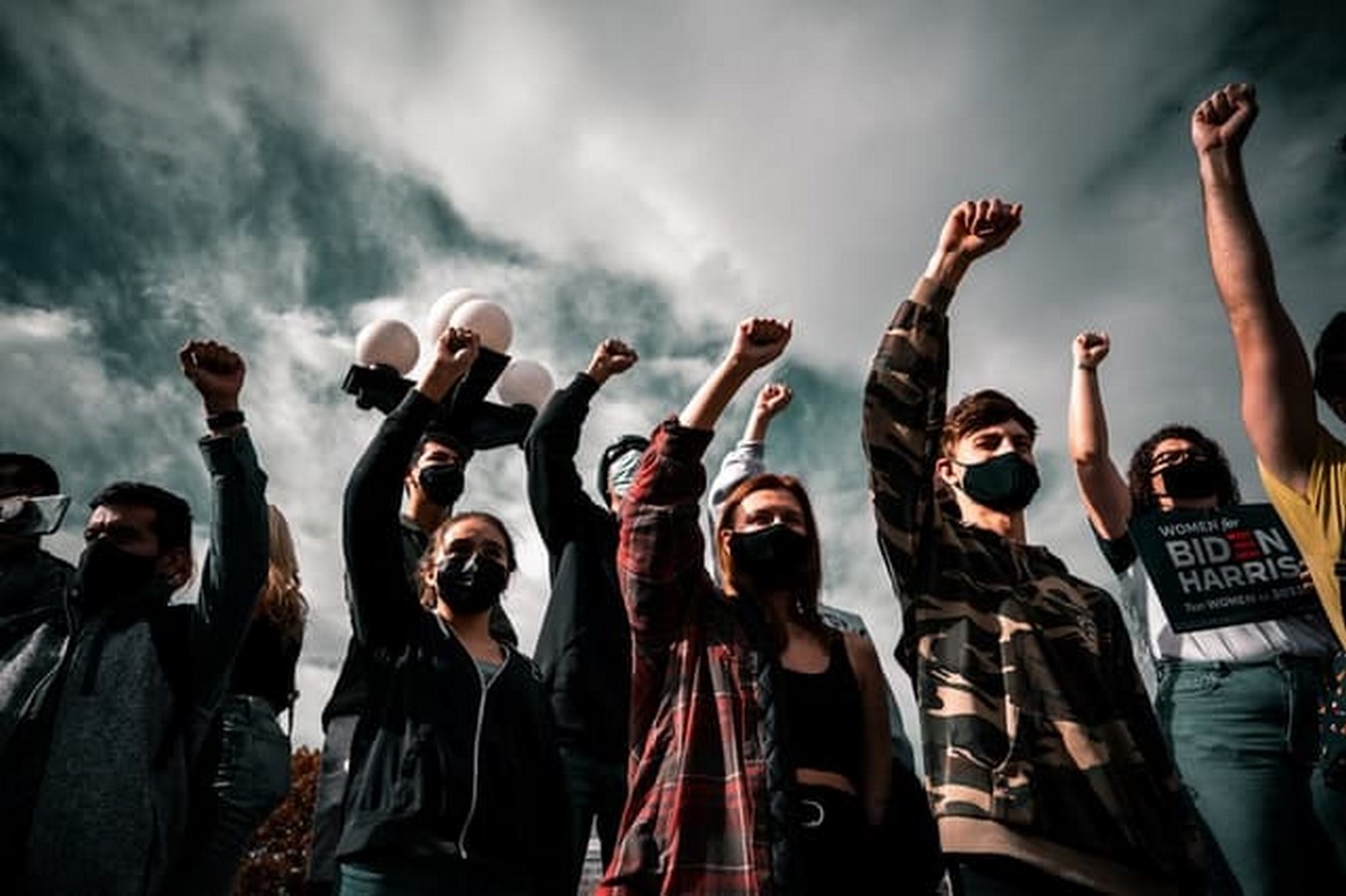The media has changed over time the way it was used earlier. Every major technological revolution has improved media. Social media are extensive apps created to allow users to generate and share important as well as actively engage in social interactions and exchanges.
Social media has been shown to have a significant impact on social change over time, including changes to the established natural order of society. Changes in society’s perceptions, interactions, behaviors, etc., may be among the changes. However, numerous studies show that social media has a significant impact on how people consume media and how they think and feel about hot-button problems that the modern world occasionally faces.

Social media communities are federations of individuals who have come together and are united by shared ideologies, worldviews, and political beliefs. These groups gather on various social media platforms like Facebook, Instagram, WhatsApp, and other similar programs in an effort to develop opinions and forge consensus on a range of societal topics that they feel strongly about.
Due to the large population, there are more opportunities than ever to become involved with certain issues and problems and discover answers. Such neighborhood-level teamwork frequently has a transformative impact on society. These changes take time to take effect, therefore community leaders must put in enormous effort to push for progressive change. As such social media activism has helped in sharing real information throughout the globe and also helped people who cannot raise their voices directly and raise the digital activism.
Social Media: Global Reach
As compared to earlier situations, the global reach of various social media has changed the scenario upside down. Like-minded people are easy to reach out to and connect for change and to raise voices against wrong. In the recent past, there have been countless instances of social media influencers and communities working together to dismantle antiquated power systems that perpetuate social injustices.
Social Media: Raising Unraised Voices
There are many people globally who don’t have the courage to raise their voices or their situation doesn’t support them yet social media helps them to do so. For instance, gender equality, LGBTQ rights, the fight against patriarchy, the rule of law, the supremacy of constitutional rights, an end to domestic violence against women, and other social causes/issues are examples of those that have been aggressively taken up by vocal social media communities. In this setting, opinion shapers and social media community leaders have worked tirelessly to reshape and reshape public opinion and bring about significant changes in contemporary society.

Social media networks provide a useful platform for regular people to engage in activism. Social media platforms provide a singular venue for people to show their sense of solidarity with causes close to their hearts even if they lack the power to do so, are unable to publicly revolt, are unable to leave their homes, or even do not have enough time. They can participate in political movements online, accurately report on local happenings, and exchange resources and knowledge.

Social Media: Platform for sharing Real Information
It is the platform that shares all the information related to any topic reaching all in a blink of a second. The advancement in technology especially in social media has helped people to gain knowledge and share their experiences. Also, this real-time transmission of information can highlight crises and injustices more quickly than traditional media channels are able to do so.
Social Media: Involvement with Decision Makers
Through social media, activists may communicate with politicians, decision-makers, and businesses directly. Increased accountability, openness, and the possibility of changing policies are all made possible by this direct connection.
Because social media is a public forum, the effects of your interactions may be more widespread. In order to participate effectively, you must not only voice your thoughts but also listen to others and, when possible, look for areas of agreement. Additionally, it’s critical to have patience because it can take effort and time to sway decision-makers.
In order to conclude, social media and social transformation are very closely related to one another and have a very powerful bond. With the development, social media platform technology will advance quickly in the days to come, as will the influence of media on society as a whole.
There are ups and downs in both society and technology, so nothing is flawless. Nothing is consistent or lasting, either. How will the relationship between social media and social change play out in the new era of more advanced and novel technologies in the near future is a crucial subject that has to be considered. Social media communities ultimately serve as a tool for calculating the direct and indirect benefits of social media in terms of a nation’s progress and play a crucial indirect function in supporting a speedier process of globalization.














